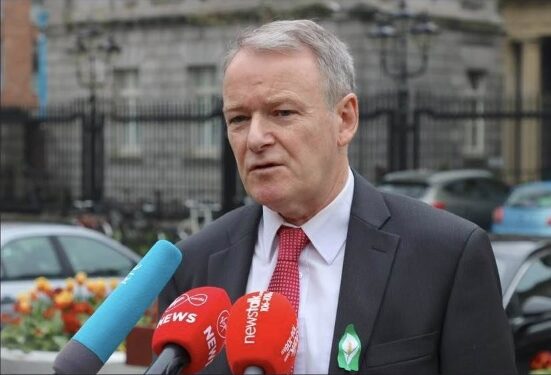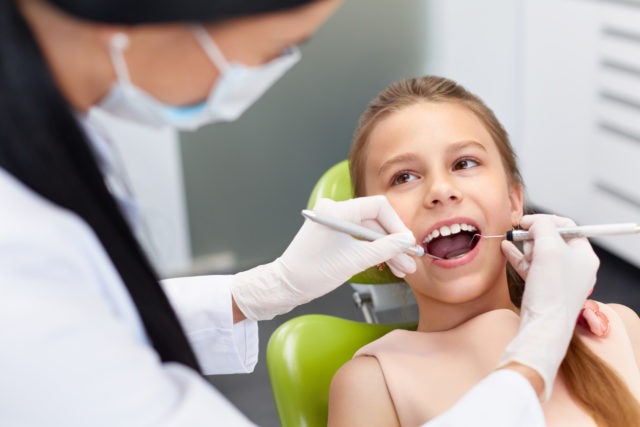A local has highlighted dental services in Laois during a special Dáil session focusing on what he called “the public dental services crisis.”
Independent Republican TD Brian Stanley said there is a “workforce crisis in dentistry” and criticised “successive Governments and the HSE” for acting “way too slow and at nowhere near the pace required.”
Deputy Stanley spoke about untreated tooth decay leading to conditions such as stomach ulcers, gum disease, heart conditions and more and bemoaned the Government’s approach to dealing with the issues.
“The workforce crisis in dentistry has been well publicised in recent years,” the Laois TD said.
“This has not happened all of a sudden; it has crept up over several years.”
Deputy Stanley said that “insufficient attention and resources” have been put into prevention through education and public awareness campaigns.
“I want to address the main public schemes, namely, the school dental scheme, the dental treatment services scheme, the treatment benefit scheme and orthodontics, for which there is a six-year waiting list for treatment,” he said.
“The school dental scheme is not providing timely and adequate treatment for primary and secondary school pupils.
“Children are not being seen for their first examination in second, fourth and sixth class, as they should be. In many cases, they receive their first examination well into secondary school.”
Shining a light on his home county, the Independent Republican said: “In Laois, children are four years into secondary school when they are first seen. This is an absolute scandal in public health.”
Deputy Stanley went on to criticise the availability of the dental treatment services scheme for adults on medical cards, saying Graiguecullen has the only dental practice in Laois which currently takes clients under the scheme.
He also bemoaned the reduction in investment into the scheme, which at the current rate of €73 million is a reduction of €6 million on the 2010 figure.
“There has been a reduction of almost 50% in the number of dental practices taking clients under the scheme,” he said.
“The treatment benefit scheme for workers and retired workers, which is based on PRSI, only provides for examinations and cleaning. This puts low- and middle-income families at a disadvantage.”

Deputy Stanley said the number of dentists working in both public and private practice has “dropped by 23% in the past 15 years”, and said that “less than 10%” of current dentists are working in the public service.
“It is estimated that 120 additional dentists are needed just to maintain the very basic level of service we have at present,” he said.
“In 2023, 320 dentists were working in the public service. By 2025, according to the HSE, that had dropped to 294.
“In the context of private practice, the Irish Dental Association has found that due to workload, one quarter of dental practices are not taking on new adult clients and more than one third will not take on new children.
“While the effects of this are felt across society, low- and middle-income households are hit the hardest.
“Between 2009 and 2023, there was a cut of €800 million in funding for the PRSI scheme and the treatment benefit scheme”.
SEE ALSO – Laois TD tells Dáil Éireann that ‘women with endometriosis have been ignored for far too long’

























